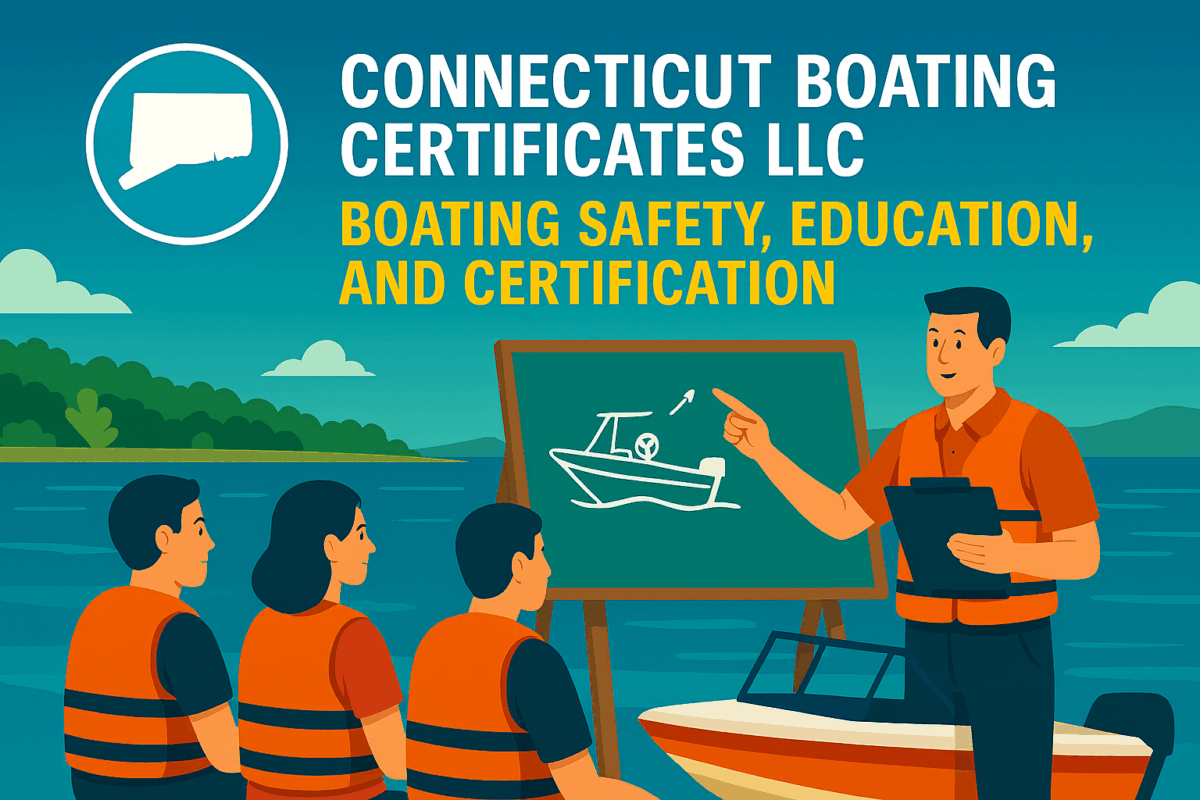Call: 1-800-832-7191

Maritime Radio Users Handbook
Maritime Radio Users Handbook: Essential Knowledge for Every Boater
The Maritime Radio Users Handbook provides vital guidance for safe and effective communication on the water. Because marine radios differ from cell phones, understanding proper usage is critical. This handbook covers equipment types, emergency procedures, and radio etiquette for recreational and commercial boaters alike.
Learn the Basics of Marine Radio Operation
Before using a VHF radio, boaters must understand channel functions and transmission protocols. Channel 16 serves as the national distress and calling frequency. Although recreational boaters are not required to monitor it, doing so is strongly recommended. After hailing another vessel, users must switch to a working channel. This practice keeps emergency channels clear and accessible.
Emergency Communication and Safety Features
Marine radios outperform cell phones during emergencies. Because VHF signals reach nearby vessels and Coast Guard stations, response times improve significantly. Additionally, Digital Selective Calling (DSC) allows users to send automated distress alerts. When connected to GPS, DSC transmits location data instantly. Therefore, boaters should register for a Maritime Mobile Service Identity (MMSI) number to activate this feature.
Maritime Radio Users Handbook: Etiquette and Legal Requirements
The Maritime Radio Users Handbook emphasizes proper etiquette and legal compliance. According to the US Navy, users must keep conversations brief and avoid unnecessary chatter. Transmitting false distress signals is illegal and punishable by fines. Moreover, the FCC regulates marine radio traffic and assigns specific channels for safety, navigation, and general communication. Boaters must follow these rules to avoid interference and penalties.
Prepare and Practice Before You Depart
Before leaving shore, test your radio and confirm channel availability. Because conditions vary by location, checking local restrictions is important. In addition, ensure your radio is waterproof and fully charged. Practicing routine calls helps build confidence and ensures readiness during emergencies. Ultimately, combining knowledge from the handbook with regular use improves safety and communication.
